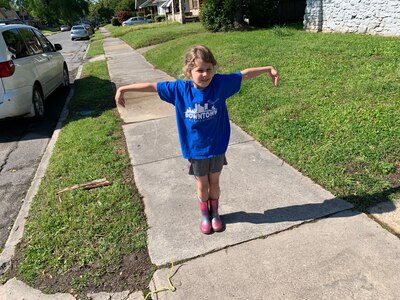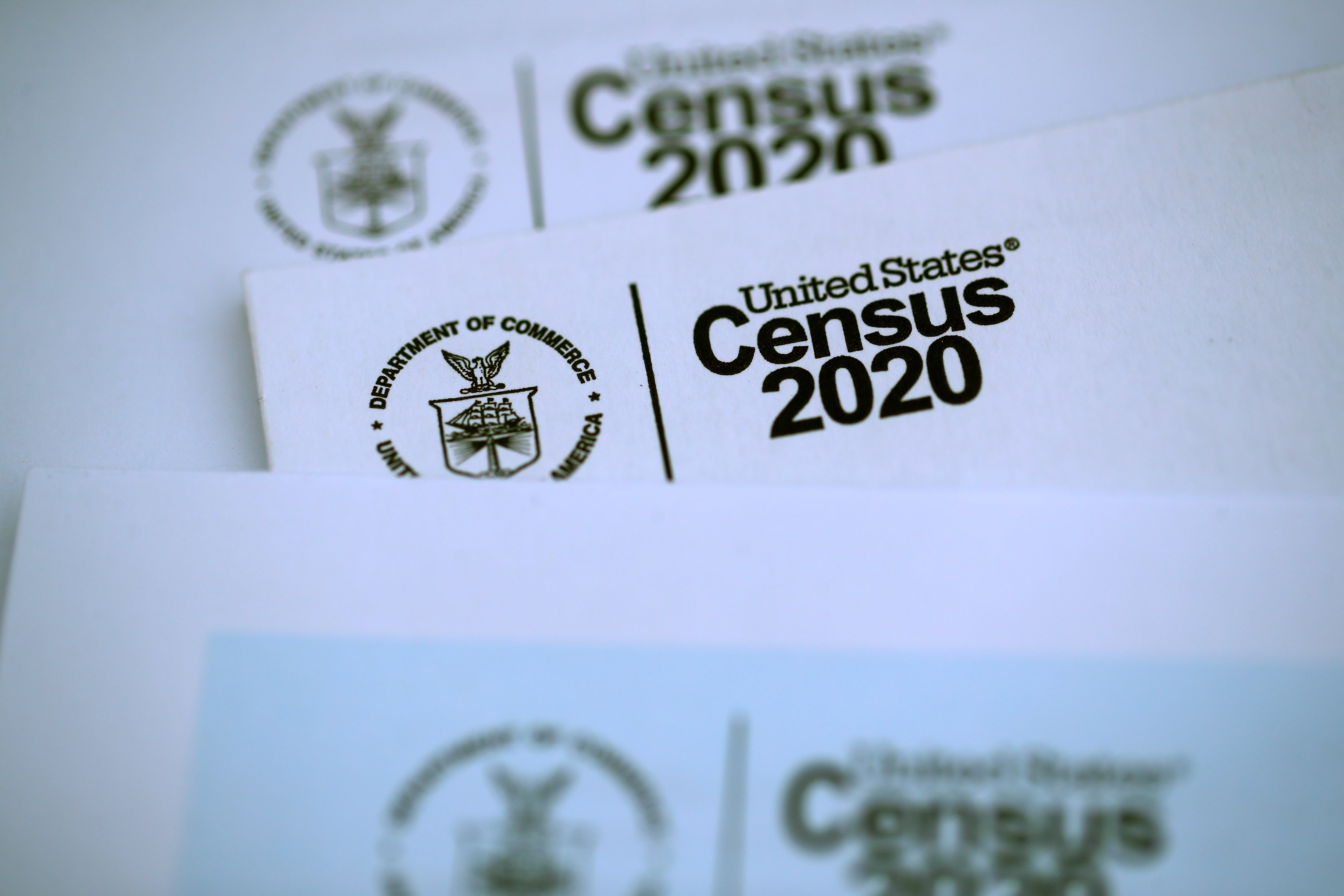Ellen Harvey is only 6, but she’s already been counted in the 2020 U.S. Census.
By the time the Memphis first-grader reaches high school, she’ll have been taken into account for close to a decade when it comes to government representation in Nashville and Washington, D.C., as well as funding for critical services, such as schools, highways, and healthcare.

“I know the importance of getting accurate numbers,” said Jessie Harvey, Ellen’s mom, explaining why she completed the online form for her five-person household early in 2020.
With a Sept. 30 deadline looming to get counted, the Harveys are among the roughly 61% of Shelby County households that have filled out their census forms this year, about 2 percentage points behind 2010, according to CivicTN, a nonprofit organization seeking to boost census participation.
The 2020 census, and subsequent annual estimates, will be used to allocate federal, state, and local taxpayer resources and inform countless policy decisions over the next decade.
Tennessee looks at census data to calculate how much state tax revenue goes to local governments — an important revenue source for towns, cities, and counties.
The data also helps the federal government distribute more than $800 billion annually, including to programs for students from low-income families and children with special needs. These funds help schools reduce class sizes, hire specialists, provide preschool, and ensure that hungry students can get a free breakfast and lunch.
Shelby County Schools, for instance, is budgeted this academic year to receive $308 million in federal funds, more than a fifth of the district’s revenues.
Low participation in the once-a-decade head count could cost Memphis and Shelby County both representation and resources, said Matia Powell, executive director of CivicTN.
“If people in Memphis are uncounted, Shelby County is in real danger of losing a seat in the state House,” Powell said. “Lawmakers will use the census data to create new legislative districts in 2022 and undercounted communities will lose power.”
That’s important because of the legislature’s penchant for piloting programs in Memphis, even if local voters and elected officials don’t approve them. An example is the 2019 education savings account law to give taxpayer money to eligible families in Memphis and Nashville to attend private schools. An appeals court is reviewing the overturned voucher law because it only applies to Tennessee’s two largest cities.
“If we are not filling out our census — and it’s such a quick process — then we truly aren’t being counted,” said state Sen. Raumesh Akbari of Memphis. “The census is not just about filling out a form; it determines so many things for the next 10 years.”
Akbari was among Democratic legislators from Memphis, Nashville, and Chattanooga who held a press conference on Friday urging Tennesseans to be counted.
On Saturday, Nashville Mayor John Cooper and other locally elected officials are partnering with the U.S. Census Bureau to host a vehicle parade through some of the city’s low-response areas to highlight critical programs at stake if residents are undercounted.
In 2010, an estimated 16 million people weren’t counted nationwide, according to CivicTN. In urban areas, homes with young children, neighborhoods with high poverty, and communities of color — all of which are factors in Memphis — are among the most likely to be undercounted.
“One concern is because of the COVID-19 crisis, there was a delay of people going door to door ... to make sure that people are filling out their applications,” Akbari said. “So there’s less folks on the ground making people aware and helping them actually fill out the form.”
State Rep. G.A. Hardaway, also of Memphis, said population growth in Middle and East Tennessee makes it all the more important for West Tennesseans to be counted.
“Combined with voting, these are the two most important things you’re going to do this year,” Hardaway said.
The 2010 census put Tennessee’s population at 6,346,276 and Shelby County’s at 927,682.






